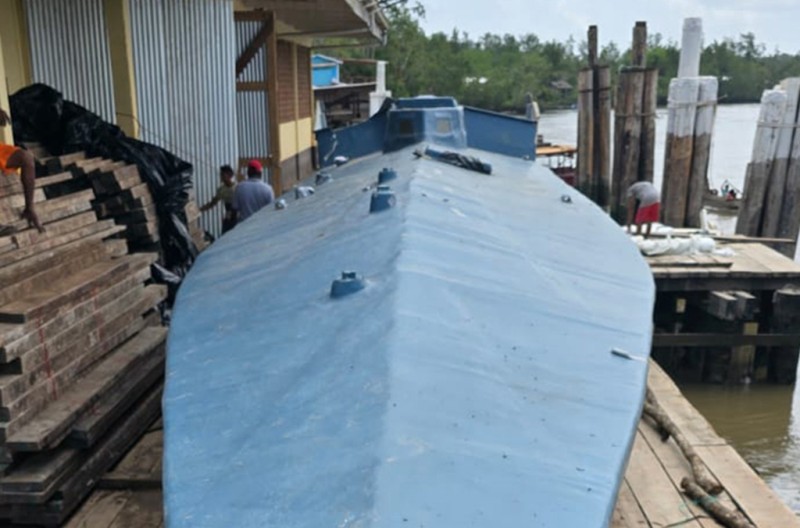The seizures, named ‘Operation Lionfish Hurricane,’ took place in April and May, resulting in the confiscation of 615 tonnes of illegal drugs and chemicals. The operation is part of INTERPOL’s new I-RAID program (INTERPOL Response Against Illicit Drugs), a six-year initiative aimed at combating trafficking and theft in dozens of countries. Officers detained 206 people and seized 65 stolen cars, around 30,000 commercial-grade detonators diverted from military or commercial mining, and a “narco-sub” in Guyana — a homemade semi-submersible vessel used to transport drugs through South American waterways and across the Atlantic to Western Europe. Authorities also confiscated more than 56 tonnes of cocaine and 52 tonnes of other drugs, including marijuana, ketamine, and tramadol, a prescription opioid strictly regulated in many countries due to its high risk for abuse and dependence. The United Nations has noted a sharp rise in tramadol smuggling in various parts of the world over the last decade. “The value of drugs seized in this two-month operation is higher than the GDP of some countries, which clearly shows the scale of the problem facing law enforcement,” said Jürgen Stock, head of the 196-member organization, in a statement. Statistical data from the World Bank shows that fewer than 20 of the smallest countries in the world have an economic output of less than US$1.6 billion. Interpol explained that the operation’s unprecedented seizure of 505 tonnes of precursor chemicals, used for manufacturing both drugs and explosives, highlights the significant growth of transnational organized crime groups and their ability to produce weapons. The operation, part of a series of Lionfish operations since 2013, is funded by the U.K. Ministry of Home Affairs and involved 31 other countries and international organizations.
Interpol Operation Nabs 206 Suspects, Seizes Drugs Worth $1.6B
News
Police across Europe, South America, and Africa detained over 200 individuals and seized US$1.6 billion worth of illegal drugs and precursor chemicals during a two-month anti-narcotics operation, Interpol announced on Tuesday.



